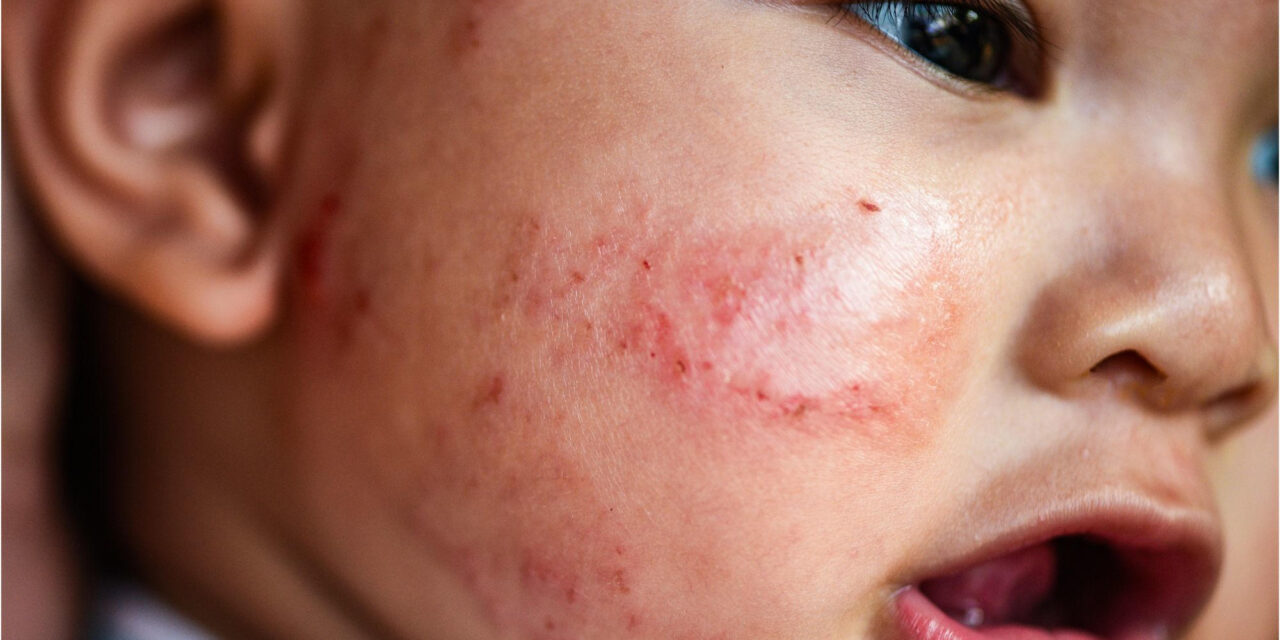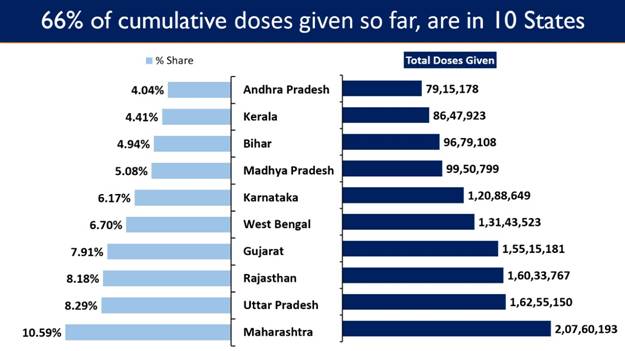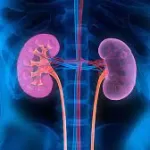A recent study published in JAMA Dermatology sheds light on the often-overlooked struggles of children grappling with chronic skin diseases such as acne, alopecia, eczema, psoriasis, and vitiligo. According to the study, conducted in Canada and the United States, a staggering 73% of children with these conditions reported experiencing stigma, with significant correlations found between stigma and lower quality of life, anxiety, and depression.
Dr. Michele Ramien, clinical associate professor of pediatric dermatology at the University of Calgary and lead author of the study, emphasized the importance of recognizing the burden of skin diseases, both from a medical and psychological standpoint. “The experience of stigma is real,” Dr. Ramien stated. “It’s something we need to work on asking about more and addressing with patients.”
The research, conducted between 2018 and 2021 across 32 pediatric dermatology centers, involved 1671 children. Notably, stigma scores varied based on the visibility and severity of the disease, highlighting the complex interplay between physical symptoms and their psychological impact. Alarmingly, nearly one-third of parents reported instances of their child being bullied, further underscoring the need for increased awareness and support.
Dr. Danielle Marcoux, clinical professor of pediatric dermatology at the University of Montreal, emphasized the importance of addressing patient-reported outcomes during treatment. “We want to avoid the consequences on child development, including self-esteem and other psychosocial impacts,” she remarked. Dr. Marcoux’s research has shown promising results with interventions such as cosmetic camouflage, which can positively influence children’s self-perception and overall quality of life.
Furthermore, support networks such as specialized summer camps provide invaluable opportunities for children to connect with peers facing similar challenges. Dr. Ramien highlighted the profound impact of these camps in fostering supportive relationships among children with chronic skin diseases.
Despite these strides, significant barriers to access remain, particularly concerning health insurance coverage for treatments deemed “aesthetic.” Dr. Marcoux stressed the need for continued advocacy to ensure equitable access to essential treatments and medications.
The study was funded by the Pediatric Dermatology Research Alliance, and Dr. Ramien disclosed receiving personal fees from various pharmaceutical companies outside the scope of the study. Dr. Marcoux, founder-president of Camp Liberté, emphasized the critical role of initiatives like summer camps in providing holistic support for children with chronic skin diseases.
As awareness grows and advocacy efforts continue, researchers and healthcare professionals are hopeful for improved outcomes and enhanced quality of life for children navigating the challenges of chronic skin conditions.












